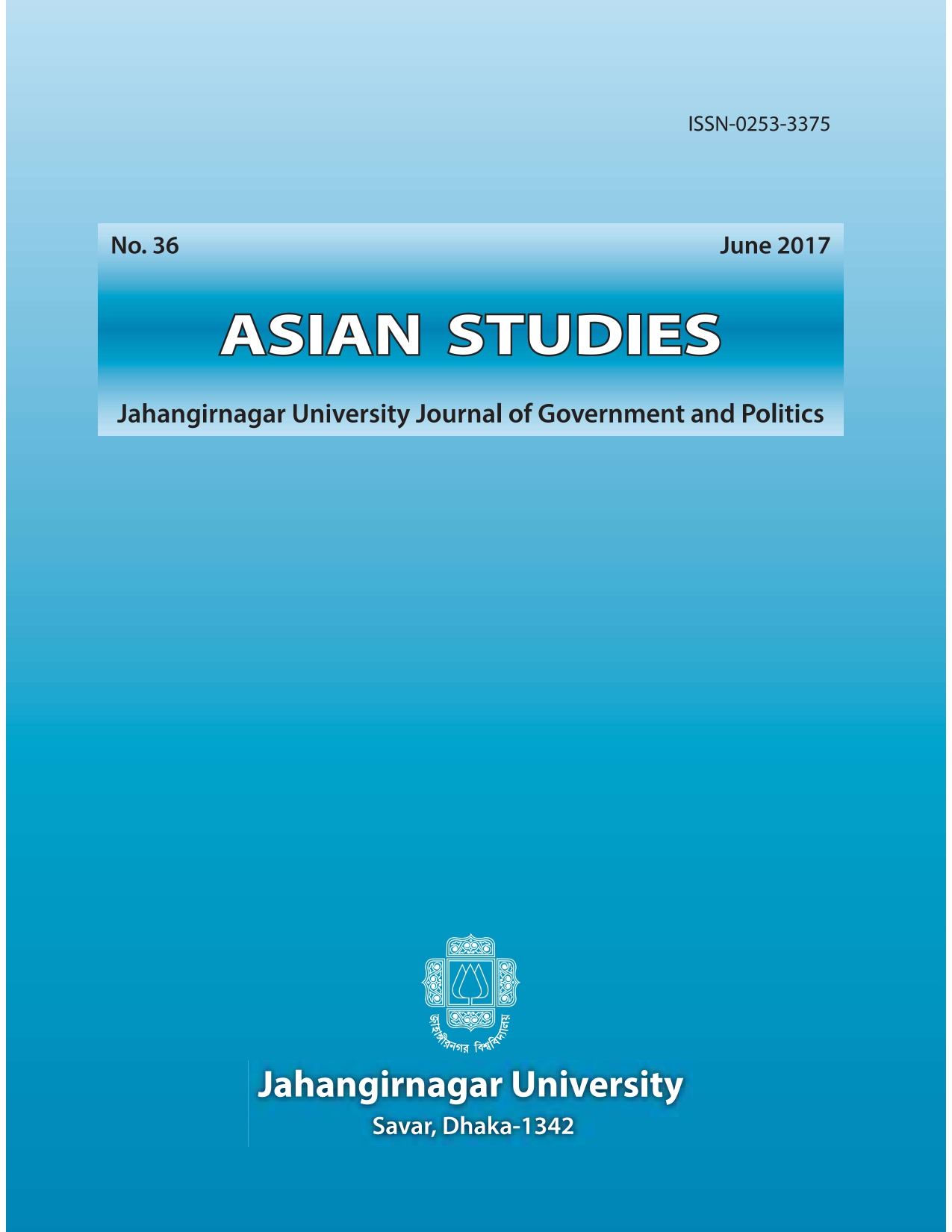From Liberal Democracy to Global Justice A Conceptual Review
Main Article Content
Abstract
There is an apparent consensus among the Western politicians and policy
makers that the central condition for achieving development in the ‘third world’
countries is to ‘institutionalize’ liberal democracy which cannot be done without
ensuring security. On the other hand, some prominent leaders from Global South as
well as critical scholars have claimed that sustainable human development can only be
attained by the spread of social welfare, reform of the global governance and
eradication of the unequal politics of development. This article gives a deeper look into
the conceptual base of these two opposing positions, and argues that the utmost
emphasis that is given to universal application of liberal democracy is not well founded,
and rather misleading. Instead of placing overarching and politically motivated –
emphasis on a particular form of governance, that is, Western liberal democracy, more
attention should be directed to bringing about governance systems that might be more
in line with the history and culture of a particular nation or region. Instead of wrongly
imagining linear connection between democracy and development, more attention and
focus should be given to transnational global order. Inequality embedded within the
governance structure at global level should be brought under scrutiny with a view to
make them more inclusive of developing countries, and thus ways to global justice
might be paved.

